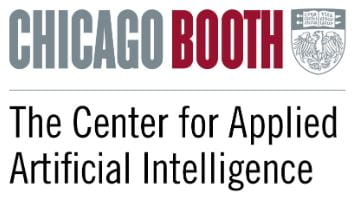DEP Conference 2023 is centered around the intersection of policy, ethics, and data science in empowering communities. We will bring together thought leaders from academia, industry, government, and community organizations to address complex ethical questions arising from the use of the expanding methods of Data Science and Artificial Intelligence, and how it affects various communities.
October 13, 2023
9:30 am – 7:00 pm
Sky Suite, Keller Center, University of Chicago
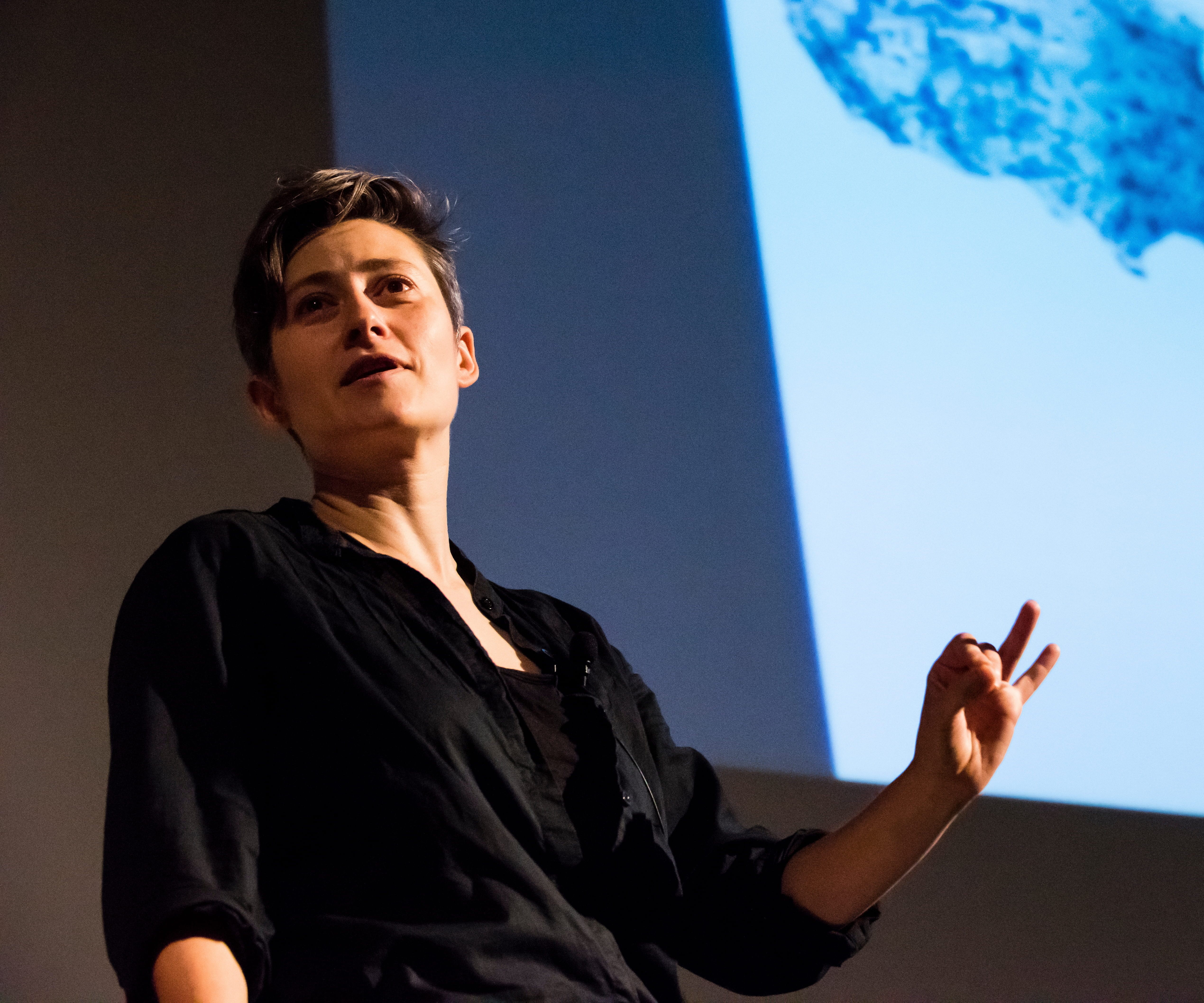
Moon Duchin (she/her)
Professor of Mathematics / Senior Fellow in the Tisch College of Civic Life, Tufts University
Moon Duchin is a professor of mathematics and Senior Fellow in the Tisch College of Civic Life at Tufts University, with a math background in geometry, topology, and dynamical systems.
She runs the MGGG Redistricting Lab, an interdisciplinary group of researchers working on the basic science of democracy. They helped commissions and state governments collect public feedback and draw better redistricting maps around the country in the current cycle, and Duchin has served as an expert in state and federal court cases in Wisconsin, Pennsylvania, North Carolina, South Carolina, Alabama, Georgia, and Texas.
Duchin has been honored as a Radcliffe Fellow, a Guggenheim Fellow, and a Fellow of the American Mathematical Society.

Charlie Catlett (he/him)
Senior Computer Scientist, Argonne National Laboratory / Mansueto Institute for Urban Innovation at the University of Chicago
Charlie Catlett is a Senior Computer Scientist at Argonne National Laboratory and Senior Scientist at the Mansueto Institute for Urban Innovation at the University of Chicago. His research has focused on high-performance computing and Internet technologies since 1985. During the past fifteen years he has created and grown multiple Chicago-based research initiatives focused on understanding cities through the use of artificial intelligence in both data science and intelligent sensors. He was recognized as one of Crain’s “Tech 50” in 2014, GovTech magazine’s “25 Doers, Dreamers & Drivers” in 2016, and an Argonne Board of Governors Distinguished Performer in 2019. Charlie is a Computer Engineering graduate of the University of Illinois at Urbana-Champaign.
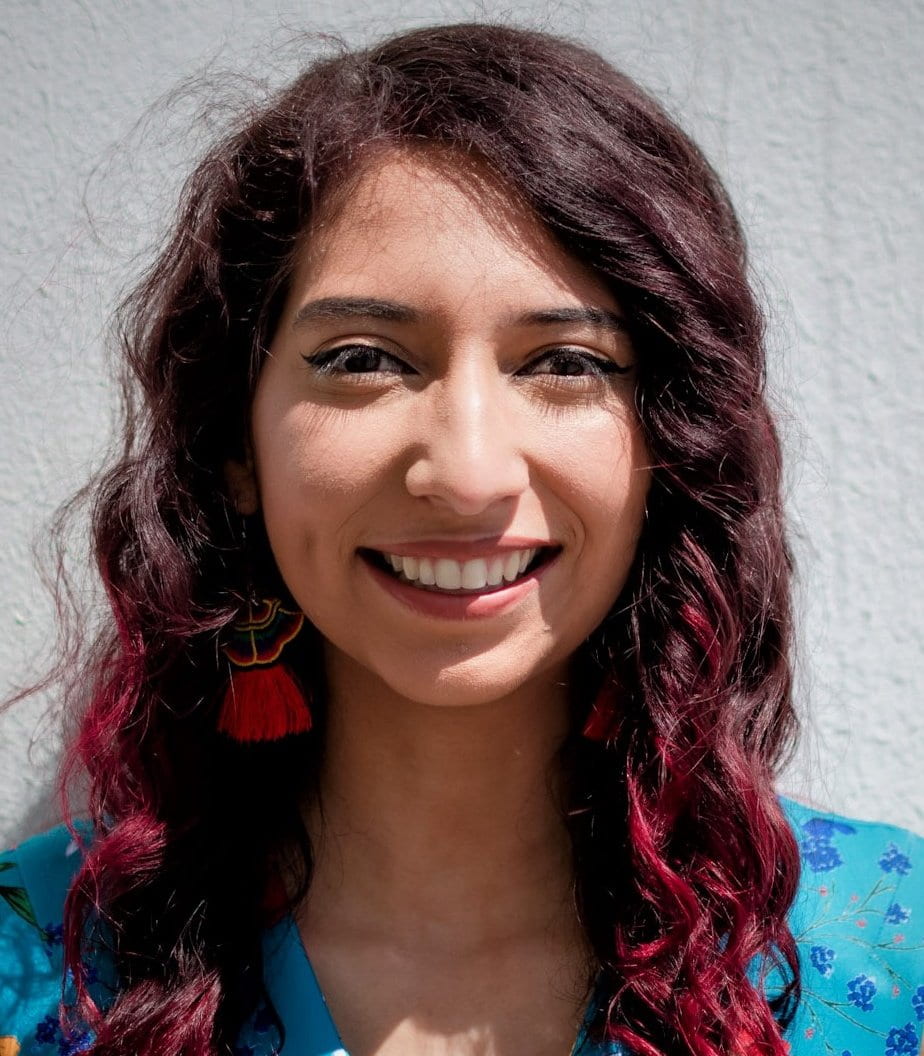
Sonia Torres Rodriguez (she/they)
Research Associate, Urban Institute Office of Race and Equity Research
Sonia Torres Rodríguez is a research associate in the Office of Race and Equity Research at the Urban Institute, where she is affiliated with the Racial Equity Analytics Lab and the Community Engagement Resource Center. She applies advanced quantitative and participatory research methods to study policies and programs advancing equity and inclusion, particularly in housing, neighborhood change, and automated decision making systems. Torres Rodríguez has experience with several data analysis programs, including R, Stata, Python, and NVivo, and has coauthored several Urban Institute publications related to disaggregating race and ethnicity data, translating racial equity and community engagement to policy audiences, and shifting power to residents through community engaged methods. Formerly, as a research analyst in Urban’s Metropolitan Housing and Communities Policy Center, she was an assistant manager of the National Neighborhood Indicators Partnership, a network advancing the effective and equitable use of data and technology at the local level.
Before joining Urban, Torres Rodríguez was a research fellow at the Stanford Center on Poverty and Inequality, supporting a national ethnographic study of poverty and inequality in primarily Spanish-speaking Latinx and Black communities in the US. Her work has been recognized through a 2021 Equity and Inclusion Student Fellowship from the Association for Public Policy Analysis and Management, a 2022 Pipeline Program Award from the American Real Estate and Urban Economics Association, and a 2022 Research in Color Foundation Research Mentorship Fellowship. She holds a BA in mathematical economic analysis from Rice University and an MS in applied economics from Johns Hopkins University.

Albert Gehami (he/him)
City Privacy Officer, City of San José
Albert Gehami is the first privacy officer for the City of San José, overseeing responsible and effective deployment of AI, technology, and data initiatives.
His team serves the 1,000,000 people and 70,000 businesses in San José by building trust in the City’s responsible use of technology, developing accountability measures for the City and its vendors, and helping the City carefully unlock the value in data and AI.
He sits on the Center for Digital Government’s National Privacy Council, and the international Cities Coalition for Digital Rights. He holds a bachelor’s degree in economics and a master’s in public policy from Stanford University.

Derek Eder (he/him)
Partner, DataMade / President Emeritus, Chi Hack Night
Derek is an entrepreneur, developer and a leader of the civic technology community in Chicago. He uses data, builds tools, and organizes people in Chicago to democratize power.
Derek is Founder and Partner at DataMade, a data and web consultancy for civil society working toward democracy, justice and Co-Founder and President Emeritus of Chi Hack Night, a free, weekly event in Chicago to build, share and learn about civic technology.
He has built and collaborated on dozens of civic and data applications including 2nd City Zoning, Chicago’s Million Dollar Blocks, Councilmatic, Decarb My State and Dedupe.io.

Kristian Lum (she/her)
Research Associate Professor, Data Science Institute at the University of Chicago
Kristian Lum is currently a Research Associate Professor with the Data Science Institute and was named a National Academy of Science Kavli Fellow this past year. She was also recognized by the Committee of Presidents of Statistical Societies with the Emerging Leader in Statistics Award (2022). She is a founding member of the Executive Committee of ACM conference on Fairness, Accountability, and Transparency (FAccT) — the premier venue for work on the societal impacts of algorithmic systems. Kristian brings a unique and critically valuable research experience across academic, nonprofit and industry settings. Most recently she was a Senior Staff Machine Learning Researcher on the ML Ethics, Transparency and Accountability Team at Twitter.
Prior to taking a role in industry, she held academic positions including as an Assistant Research Professor at the University of Pennsylvania, Department of Computer and Information Science and as an Assistant Research Professor at Virginia Tech. Kristian has also served as the Lead Statistician for the Human Rights Data Analysis Group where she advised New York City’s Mayor’s Office of Criminal Justice and Philadelphia’s First Judicial District on how to create algorithmic tools that better embody notions of fairness.

Kuba Piwowar (he/him)
Assistant Professor, SWPS University, Warsaw Poland
Kuba Piwowar is a cultural scientist and sociologist, specializing in the socio-cultural aspects of digital technologies, data activism and research methods. He is an assistant professor at the Department of Culture and Media at the SWPS University in Warsaw and a member of the Polish Sociological Association. Since 2008 he’s been working at Google, where he is an analyst and advisor to key business partners, working with the company’s clients in Poland and Mountain View, CA, in the processes of digital transformation. As part of Google Kuba led numerous diversity & inclusion projects at the company in Poland, Europe and globally.
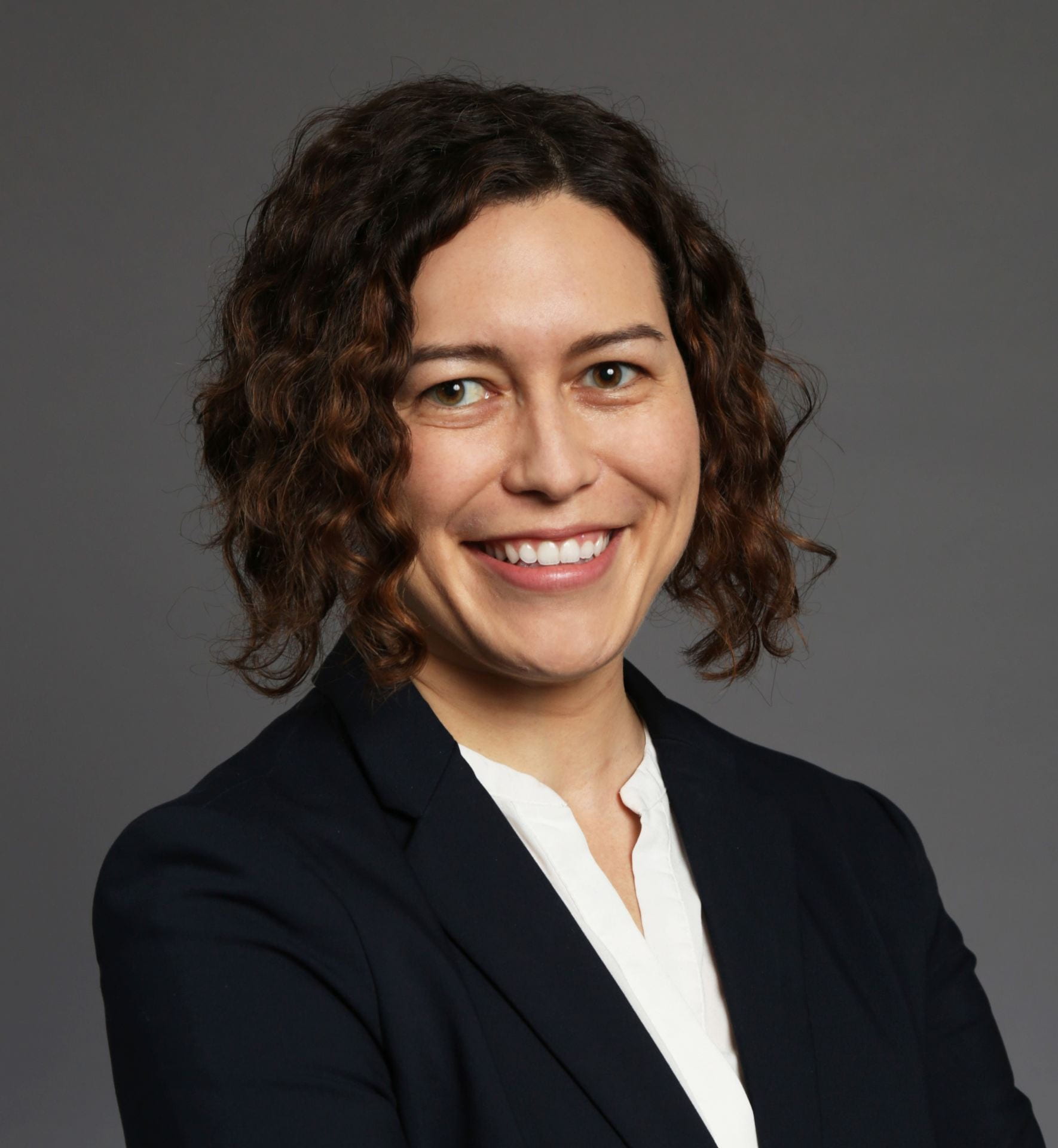
Nicole Jardine (she/her)
Chief Data Officer, Cook County Assessor's Office
Nicole Jardine is the Chief Data Officer for the Cook County Assessor’s Office. She oversees the Data team that develops Cook County’s residential model affecting over 1 million homes, and also leads efforts for strategic data collection, reports, and publications. Her goal is data-driven policy that builds fairness and transparency throughout the property tax system.
Before she joined the Assessor’s Office in 2019, she spent over a decade as an empirical researcher. She was most recently a postdoctoral fellow at Northwestern developing research-backed guidelines for analytics dashboards.
She is a member of the International Association of Assessing Officers, and serves on its task force for Property Tax and Assessment Policy.

Lucas Meyer (he/him)
Principal Research Scientist, Microsoft
Lucas A. Meyer is a Principal Research Scientist on the Microsoft AI for Good Research Lab, specializing in Natural Language Processing and its uses in Economics and Sustainability.
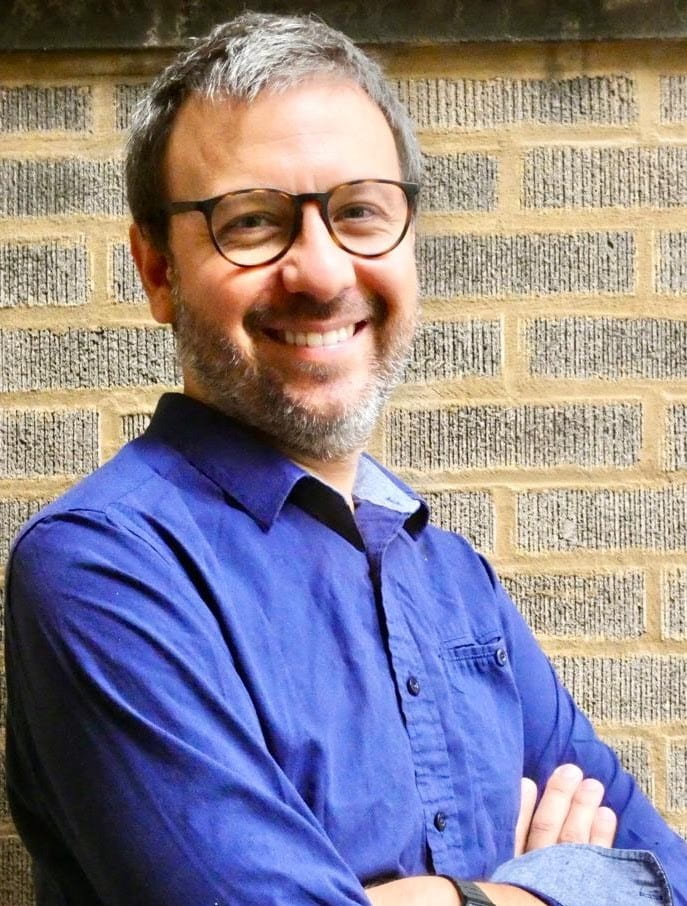
Enrique Alvear Moreno (he/him)
PhD Candidate, Sociology and member of UIC Policing in Chicago Research Group
Enrique is a Ph.D. candidate in the Department of Sociology at the University of Illinois at Chicago (UIC), and he also holds a Master’s in Latin American and Latino/a Studies. His research and teaching interests are crime and punishment, policing, the global political economy, US empire and colonialism, Latino/a studies, urban marginality, ethnography, and Latin America. His dissertation Behind the Allure of Accuracy and Development: The Imperial Making of Predictive Policing in Santiago, Chile, explores how and why the domestic shift to predictive crime control in the city was the result of global power relations that constrained and facilitated imperial flows of economic capital, expertise, and penal policies between the US and Chile.
As a member of the UIC Policing in Chicago Research Group (PCRG), Enrique has co-authored a book entitled Imperial Policing: Weaponized Data in Carceral Chicago (forthcoming in 2024 with the University of Minnesota Press) in collaboration with several social movements in the city, including Black Youth Project 100, Organized Communities Against Deportations, the Arab American Action Network, Circles & Ciphers, Mijente. and the entire Erase the Database Coalition. His research has received generous financial support from the National Science Foundation, the American Sociological Association, the Social Science Research Council (SSRC) and the Andrew W. Mellon Foundation, the National Research and Development Agency (ANID) from the Chilean Government, Northwestern University’s and Social Science Research Council’s Dissertation Proposal Development Program, and the Provost’s Graduate Research Award from the University of Illinois at Chicago.

Trina Reynolds-Tyler (she/her)
Data Director, The Invisible Institute
Trina Reynolds-Tyler is the Data Director at the Invisible Institute, a journalist, and a native of the South Side Chicago. She leads Beneath the Surface, a project employing machine learning to identify gender based violence at the hands of Chicago police. Trina works to document how communities unable to depend on the police are forced to create safety and accountability outside of the carceral state. As a data scientist, she centers the practice of narrative justice in her inquiries

Ishanu Chattopadhyay (he/him)
Assistant Professor, Department of Medicine, University of Chicago
Ishanu Chattopadhyay is an expert in automated data analysis, machine learning, and the computational aspects of data science. He currently holds the position of Assistant Professor of Medicine at the University of Chicago. Professor Chattopadhyay’s research delves into the core algorithmic principles of large-scale data analysis, especially in areas where minimal human intervention is desired or where domain expertise is limited. Leading the Laboratory for Zero Knowledge Discovery, Chattopadhyay is passionate about deciphering complex phenomena in biology, biomedicine, and human social interactions, and has made contributions in designing predictive tools for screening and diagnosis of complex diseases to modeling urban crime.
Chattopadhyay holds dual master’s degrees in Engineering and Mathematics, and a doctoral degree in Engineering from Penn State with postdoctoral training in Computer Science and Engineering at Cornell University. He then joined the UChicago faculty in 2016. His research endeavors have garnered support from esteemed institutions such as the US Department of Defense, the National Institute for Health, the Alzheimer’s Association, and the Neubauer Collegium for Culture and Society. His scholarly contributions have been featured in premier peer-reviewed journals, including the Proceedings of the National Academy of the Sciences (PNAS), Science Advances, Nature Communications, Nature Human Behavior, the Journal of the American Heart Association (JAHA), and journals of the American Medical Association (JAMA). In recognition of his outstanding work, Dr. Chattopadhyay was honored with the prestigious Young Faculty Award from the Defense Advanced Research Projects Agency (DARPA) in 2020.



